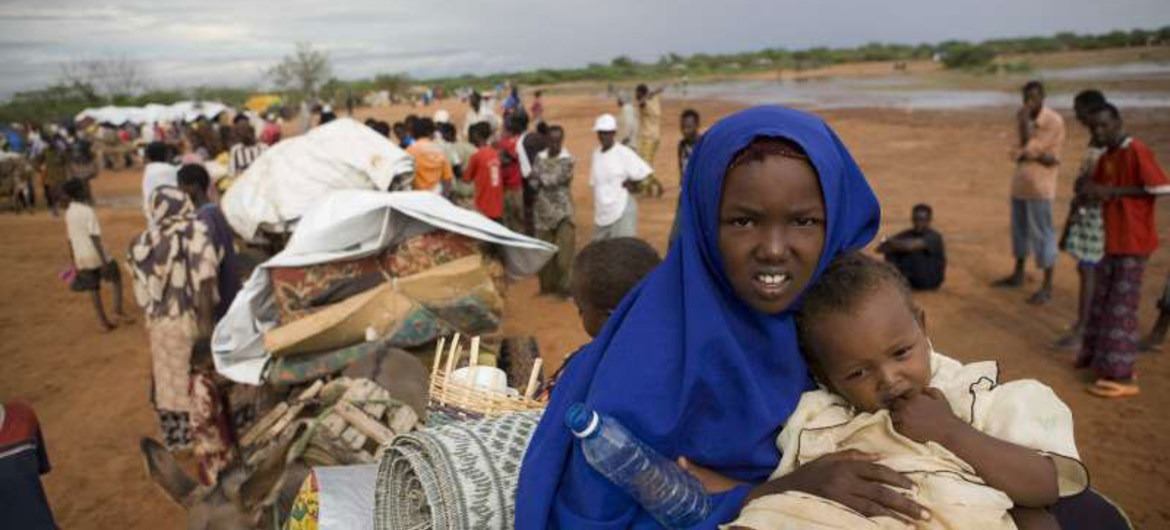UNHCR has applauded Kenya as it continues to make significant strides towards addressing statelessness.
The Kenyan government is taking steps to ensure every individual has a recognised nationality in alignment with international and regional treaties.
Among the major achievements of the year was the African Union’s adoption of the Protocol to the African Charter on Human and People’s Rights relating to the right to a nationality and the eradication of statelessness.
The landmark protocol sets critical standards, including mechanisms to prevent generational statelessness and protect nomadic populations.
The development reflects a new era of rights protection across the continent.
However, the protocol requires ratification by 15 African Union member states to come into force, with Kenya expected to play a role in its regional adoption.
Domestically, Kenya has made commendable progress in policy reforms.
The United Nations High Commissioner for Refugees (UNHCR) has collaborated with Kenya’s parliamentary counsel to propose amendments to the Kenya Citizenship and Immigration Act.
The amendments aim to address the legal challenges stateless individuals face, providing them with a clear path to recognition under Kenyan law.
A report by the UNHCR states that this effort is part of a broader national strategy to resolve statelessness of remaining groups in Kenya, including stateless Rundi and individuals of Rwandan descent.
Through the assistance of UNHCR partners, over 2,400 individuals from these communities were registered to the Haki Centre.
The registration not only provides a legal identity but also aids in evidence-based advocacy and planning to craft tailored solutions for the groups.
Kenya’s approach mirrors the global push to eradicate statelessness.
In February 2024, the government and the UNHCR launched new initiatives to expedite citizenship processes, targeting vulnerable groups and populations living in remote areas.
Drawing lessons from other countries like Mauritania, Kenya looked into employing mobile missions and reducing evidentiary barriers to ensure more inclusive registration.
Such efforts resonate with the African Union’s call for stronger due process protections regarding the right to nationality.
Moreover, Kenya’s ongoing cooperation with UNHCR reflects a growing recognition of the importance of legal reforms to prevent statelessness.
The efforts mark a critical shift in ensuring that all residents, regardless of their ethnic or migratory background, have access to the civil documentation and legal protection they deserve, securing their place as full members of Kenyan society.
Kenya’s journey toward eradicating statelessness in 2024 demonstrates its commitment to inclusive development, human rights and regional leadership.
Through continued reforms, the country is positioning herself as a regional model in the fight against statelessness.











